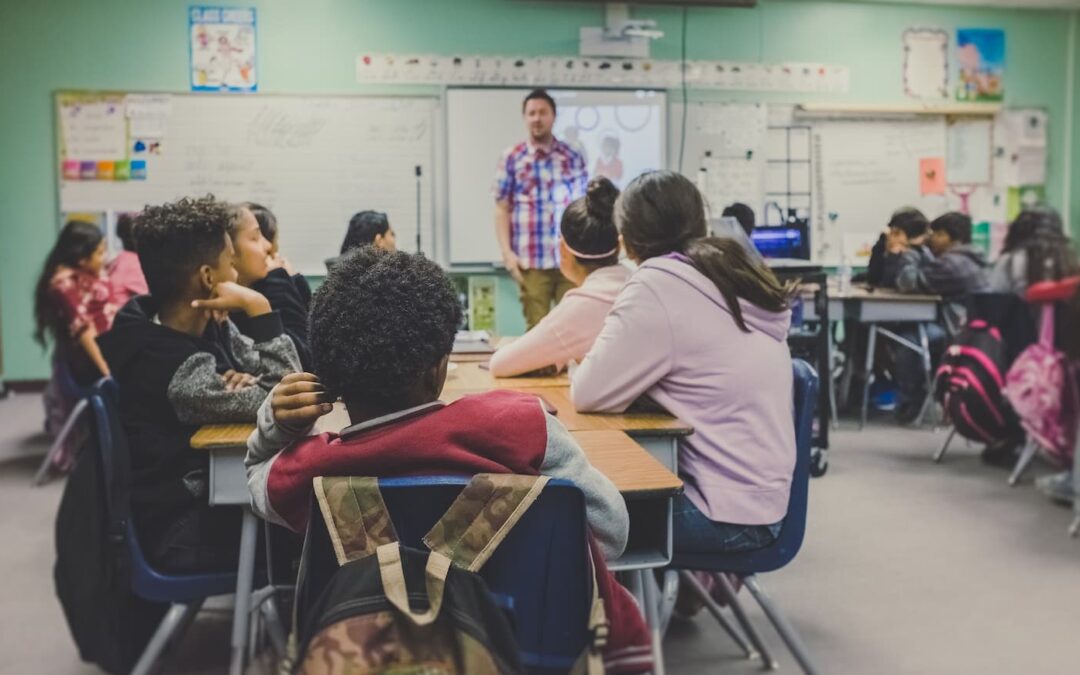Poverty is a complex and multifaceted issue that affects millions of people around the world. While there are many different approaches to poverty reduction, investing in education is often considered to be the most effective long-term solution. In this blog post, we will explore the reasons why investing in education is crucial for poverty reduction and examine the long-term outcomes that can be achieved through such investments.
The Importance of Education
Education is a fundamental human right and a critical component of human development. It provides individuals with the skills, knowledge, and capabilities needed to participate fully in society and achieve their full potential. Education is also an important tool for breaking the cycle of poverty.
Education can provide individuals with the skills and knowledge they need to access better job opportunities and higher-paying careers. This can help to increase their income and improve their overall financial stability. Education can also help to reduce income inequality by providing individuals with the skills and knowledge needed to compete in the job market. This can help to reduce the wage gap between high- and low-skilled workers, and create a more equitable distribution of wealth.
Moreover, education has a direct impact on health outcomes. Educated individuals are more likely to make healthier choices, have better access to healthcare, and live longer lives. By investing in education, we can help to create healthier communities and reduce the burden of illness, which can have long-term benefits for poverty reduction.
Education is also a key component of sustainable development. It provides individuals with the skills and knowledge needed to address environmental, economic, and social challenges. Education can help to develop innovative solutions to complex problems, promote sustainable resource use, and create a more equitable and sustainable future.
The Link Between Education and Poverty Reduction
Investing in education can help to break the cycle of poverty by providing individuals with the tools and resources they need to improve their economic and social status. By providing individuals with a strong education, we can help to ensure that they have the skills and knowledge needed to access better job opportunities and higher-paying careers. This can help to increase their income and improve their overall financial stability, which can help to reduce poverty over the long term.
Moreover, education can help to reduce income inequality by providing individuals with the skills and knowledge needed to compete in the job market. This can help to reduce the wage gap between high- and low-skilled workers, and create a more equitable distribution of wealth. This can have a significant impact on poverty reduction, as income inequality is one of the main drivers of poverty.
Education can help to create more engaged and empowered communities. Educated individuals are more likely to participate in civic life and advocate for themselves and their neighbors. This can help to ensure that policies and programs are developed that meet the needs of the community and that resources are distributed fairly and equitably.
The Long-Term Outcomes of Investing in Education
Investing in education can yield long-term outcomes for poverty reduction. Some of the possible long-term outcomes include:
- Economic Growth: Education can stimulate economic growth by creating a more skilled and productive workforce. As education levels increase, individuals are able to access better job opportunities and higher-paying careers, which can lead to increased consumer spending and a stronger economy overall.
- Reduction in Income Inequality: Education can help to reduce income inequality by providing individuals with the skills and knowledge needed to compete in the job market. This can help to reduce the wage gap between high- and low-skilled workers, and create a more equitable distribution of wealth.
- Improved Health Outcomes: Education can lead to improved health outcomes by providing individuals with the knowledge and skills needed to make healthy choices and access healthcare. This can lead to a reduction in illness and disease, resulting in a healthier and more productive population.
- Social Cohesion: Education can help to build social cohesion by creating more engaged and empowered communities. Educated individuals are more likely to participate in civic life and advocate for themselves and their neighbors. This can help to ensure that policies and programs are developed that meet the needs of the community and that resources are distributed fairly and equitably.
- Sustainable Development: Education is a key component of sustainable development. It provides individuals with the skills and knowledge needed to address environmental, economic, and social challenges. Education can help to develop innovative solutions to complex problems, promote sustainable resource use, and create a more equitable and sustainable future.
Investing in education is a crucial component of poverty reduction. Education provides individuals with the skills, knowledge, and capabilities needed to participate fully in society and achieve their full potential. By investing in education, we can help to break the cycle of poverty by providing individuals with the tools and resources they need to improve their economic and social status.
Education can have a direct impact on different levels, such as health outcomes, social cohesion, and sustainable development. By creating a more educated and engaged population, we can help to create healthier, more equitable, and more sustainable communities. Investing in education is a long-term solution to poverty reduction that can yield significant benefits for individuals, communities, and societies as a whole.


